
Citizenship and Common Sense: The Problem of Authority in the Social Background and Social Philosophy of the Wise Club of Aberdeen
By Stephen A. Conrad (NHC Fellow, 1986–87)

By Stephen A. Conrad (NHC Fellow, 1986–87)
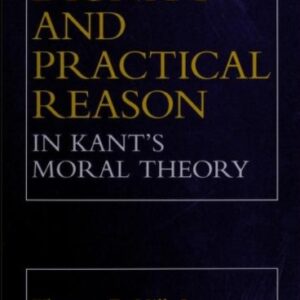
By Thomas E. Hill, Jr. (NHC Fellow, 1982–83) A major statement on Kant’s moral thought, this outstanding collection will be rewarding reading for professional philosophers, teachers of Kant’s ethics, and students, as well as political theorists.
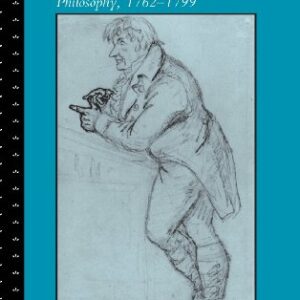
By Anthony J. La Vopa (NHC Fellow, 1983–84; 1998–99) In this biographical study of the German philosopher Johann Gottlieb Fichte from his birth in 1762 to the crisis in his university career in 1799, Professor La Vopa uses Fichte's life and thought to deepen our understanding of German society, culture, and politics in the age … Continued
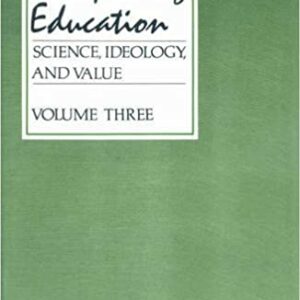
By Abraham Edel (NHC Fellow, 1978–79) What is meant by education? How are educational institutions and processes evaluated, and how can they be improved? What curriculum is best? How are philosophy and education related? Abraham Edel answers these questions in the course of exploring education. He considers the problems of educational philosophy under conditions of rapid social … Continued
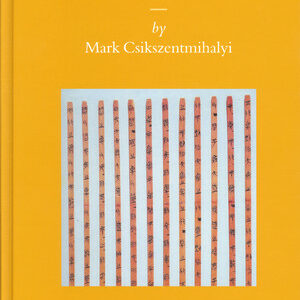
By Mark Csikszentmihalyi (NHC Fellow, 1997–98) This book reconstructs a neglected episode in the development of Confucianism, one that considerably influenced later Chinese religious thought. Material Virtue examines a set of four through first century B.C.E. Chinese texts that argue virtue has a physical correlate in the body. Based on both transmitted (e.g., the Mengzi or Mencius) … Continued
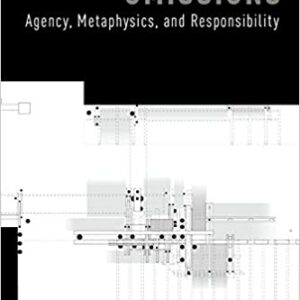
By Randolph Clarke (NHC Fellow, 2012–13) Philosophical theories of agency have focused primarily on actions and activities. But, besides acting, we often omit to do or refrain from doing certain things. How is this aspect of our agency to be conceived? This book offers a comprehensive account of omitting and refraining, addressing issues ranging from … Continued
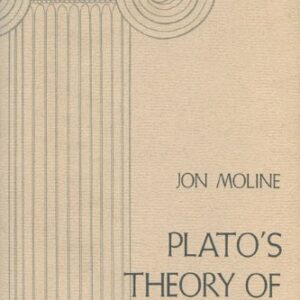
By Jon Moline (NHC Fellow, 1979–80)
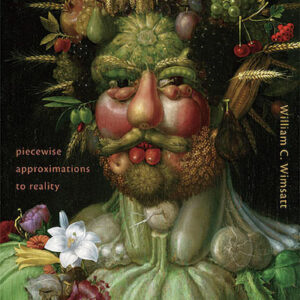
By William C. Wimsatt (NHC Fellow, 2000–01) Analytic philosophers once pantomimed physics: they tried to understand the world by breaking it down into the smallest possible bits. Thinkers from the Darwinian sciences now pose alternatives to this simplistic reductionism. In this intellectual tour—essays spanning thirty years—William C. Wimsatt argues that scientists seek to atomize phenomena only … Continued
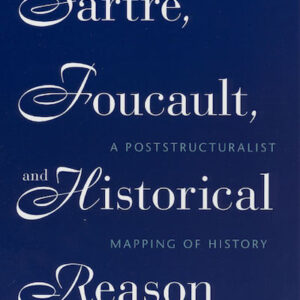
By Thomas R. Flynn (NHC Fellow, 1991–92) Sartre and Foucault were two of the most prominent and at times mutually antagonistic philosophical figures of the twentieth century. And nowhere are the antithetical natures of their existentialist and poststructuralist philosophies more apparent than in their disparate approaches to historical understanding. In Volume One of this authoritative … Continued
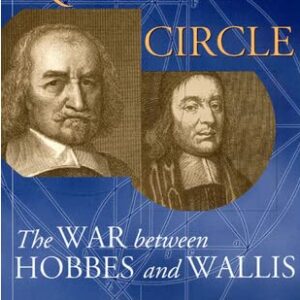
By Douglas M. Jesseph (NHC Fellow, 1993–94) In 1655, the philosopher Thomas Hobbes claimed he had solved the centuries-old problem of "squaring of the circle" (constructing a square equal in area to a given circle). With a scathing rebuttal to Hobbes’s claims, the mathematician John Wallis began one of the longest and most intense intellectual … Continued